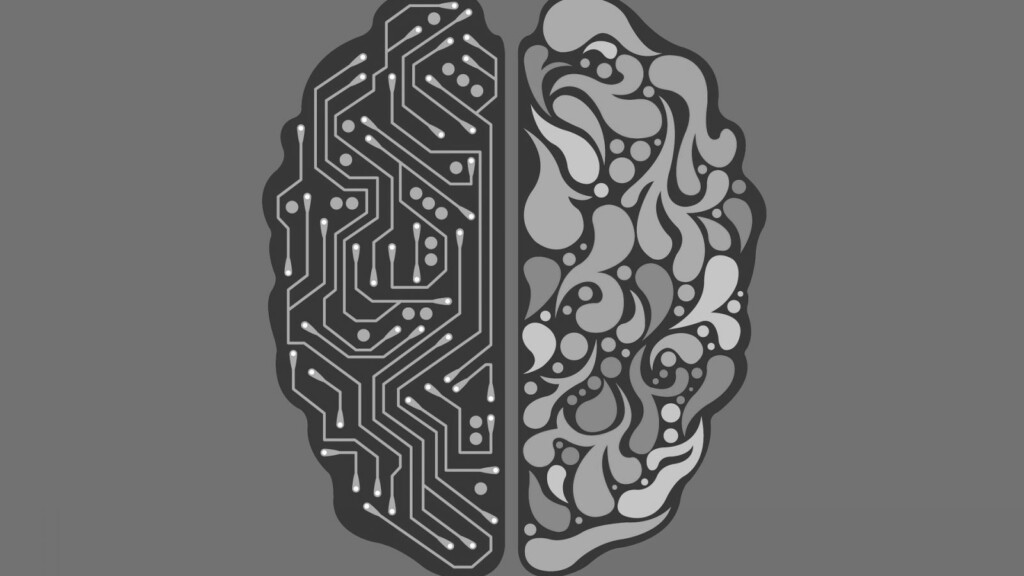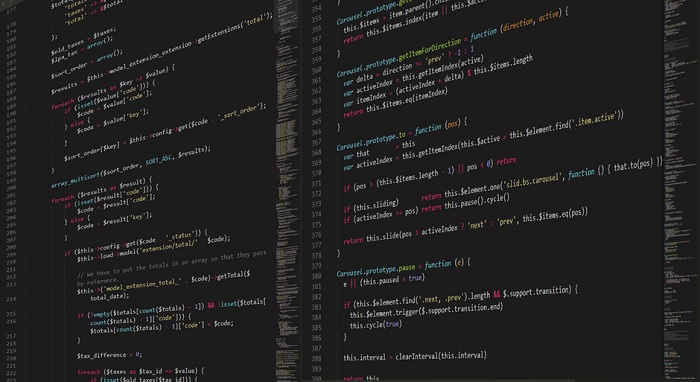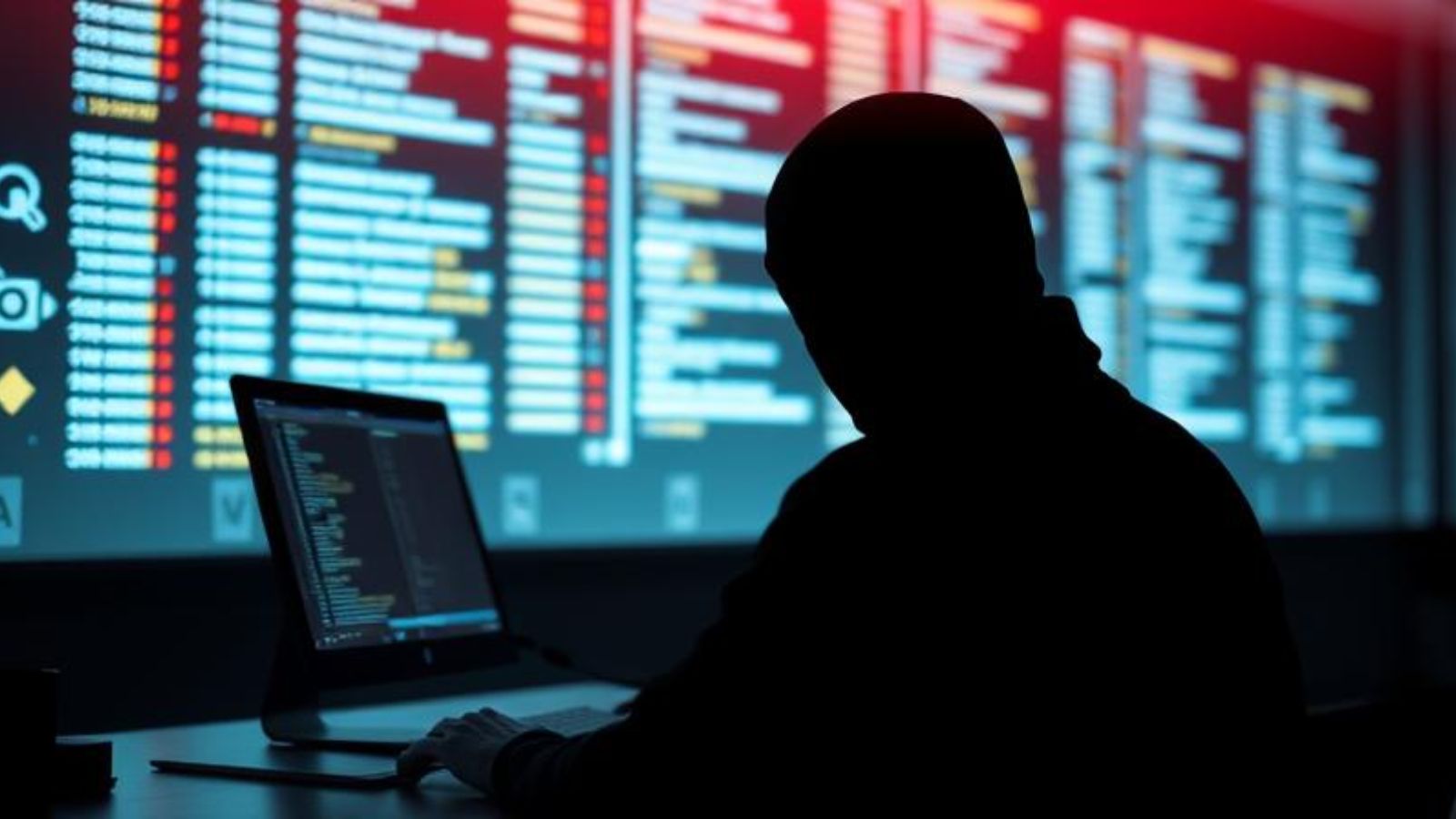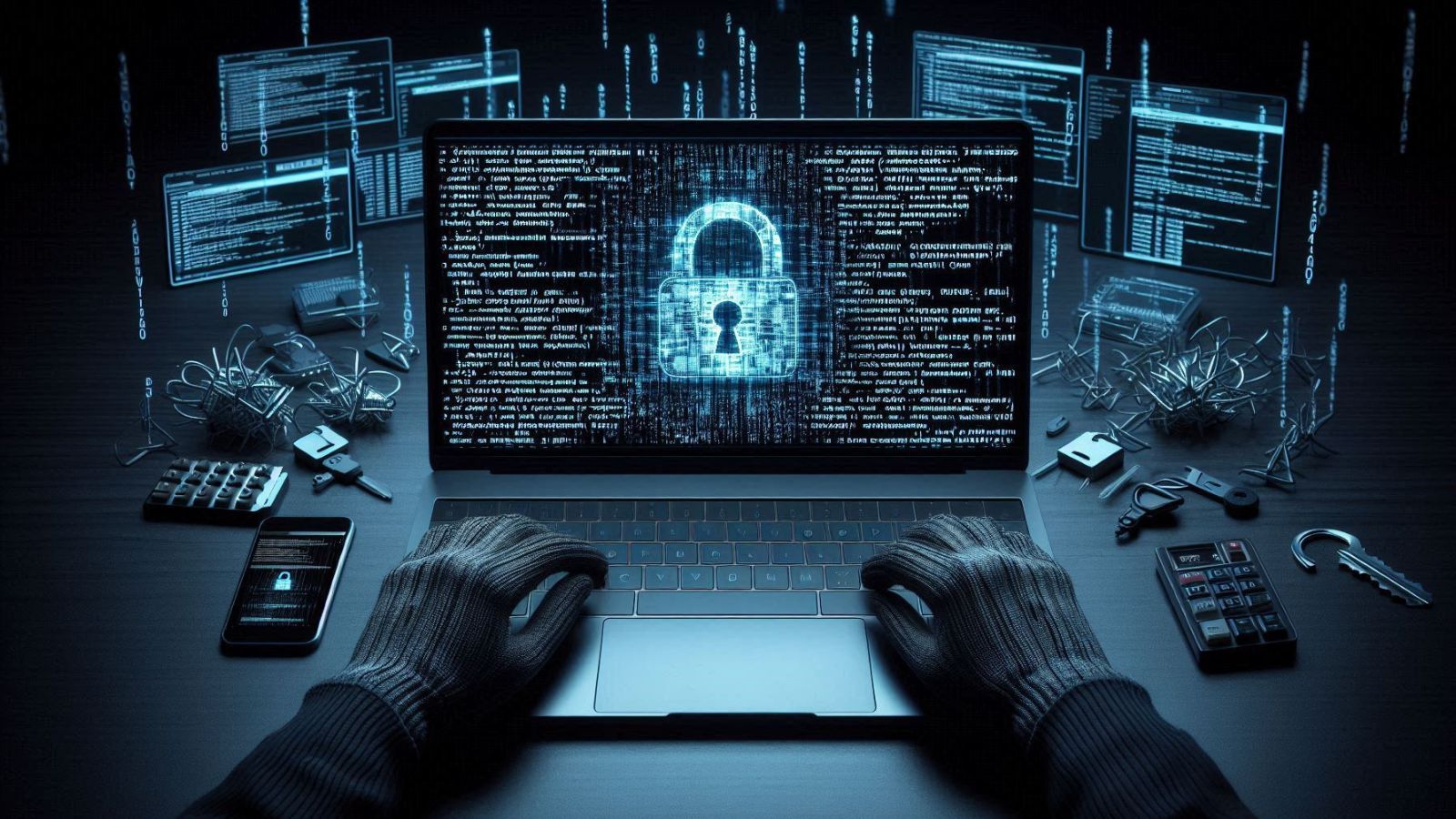
What Skills Do You Need to Become a Hacker?
Being a hacker sounds like a cool job if we think of the movies we see all the time, where they pull off amazing hacks and take control of your digital world, which is quickly merging with just about everything. So it's not a surprise that more than a few people may have thought of going down the hacker route. But what hacker skills do these people need? What does it take to be a (legal) hacker?
What Does a Hacker Do?
Hackers are people who look at systems - usually computer systems - and find their weak points. Hackers also take existing ones and get them to do entirely new things, so hacking happens in two directions. You're either modifying it to do something it's not meant to or poking at a system to break into it or seize control.
So, when someone breaks into a server and steals data, that's hacking. When someone breaks the protection on a gaming console to run their own software, that's also hacking. There's a broad range of activities that fall under the umbrella of "hacker," which means the exact skills one would need vary from each specific type of hack to the next. However, there are some general skills and aptitudes that apply to all kinds of hacking, which we'll get to a little later.
Can It Be a Real Job?
There's a perception that hackers are all criminals, but that's actually not the case. Hackers use their skills for both legal and illegal purposes. Ethical hackers - also known as "White Hat" hackers - do a clean, professional job. They help expose security flaws in systems and then allow the affected businesses or institutions to fix the issue before someone with actual malicious intent gets to them.
Hackers can work as certified ethical hackers, can independently chase "bug bounties" for reward money, or work as a full-time internal cybersecurity specialist. These are just a few examples, but with every passing day, new job opportunities are opening up for those with hacker skills. In a future where just about everything will have a digital, network-connected component, you can be sure there will always be legitimate work for computer hackers.
Out of the Box Thinking
One of the most important tools in a good hacker's arsenal is seeing things differently than other people do, to think like a hacker. Out 'of the box' problem-solving and unique perspectives are common among hackers. They aren't simply people who follow instructions or accept the face value of things, but rather people who look at things from every angle, using creativity just as much as traditional intelligence. While there's certainly a big dollop of natural talent involved, anyone can learn to think like a hacker. A good place to start would be looking for creative hacking showcased at places like DEF CON and trying to infer how those hackers look at the world based on the final results of their work.
An Understanding of Psychology
Being a computer hacker isn't just about having a lot of technical knowledge. Human beings are an integral part of most digital security systems, such as designers, operators, or users. More often than not, they are also the weakest point in that system - an observation that has given rise to "social engineering." This is a set of hacker skills that target psychological blindspots to get access or critical information from people, often without them realizing it. It also helps to be observant of human behavior and well-read when it comes to psychological theories. To get more information on this matter, reading books on social engineering helps, as this domain pertains to hacking in particular.
Technical Proficiency
Finally, of course, a computer hacker needs to have strong technical proficiency. You need an excellent general knowledge of computers, networks, and how they fundamentally operate. Many hackers are also knowledgeable about electronics and programming.
In order to hack systems, you need a thorough knowledge of how they work. Of course, no one person can know everything, which means that you'll likely have a comprehensive general understanding of these topics, but profound expert knowledge in just a few specific areas.
Getting Certified
We never condone any illegal or unethical activities, so the only guidance we can offer for people who want to become professional hackers is to look into ethical hacking.
This article on ethical hacking goes over what the concept means, explores what formal training options there are, and looks more closely at hacker skills within this specific context.
In the end, hackers are not so much defined by their skills, but by their motivations and curiosity. Being a hacker is more than a job or a profession. The most famous hackers all generally share passion, intelligence, and interest that are uncommon in most people. If you've got that particular itch, chances are you'll know.












